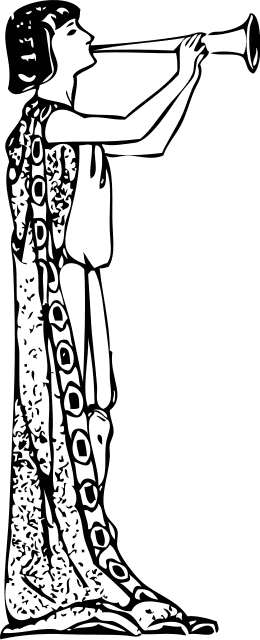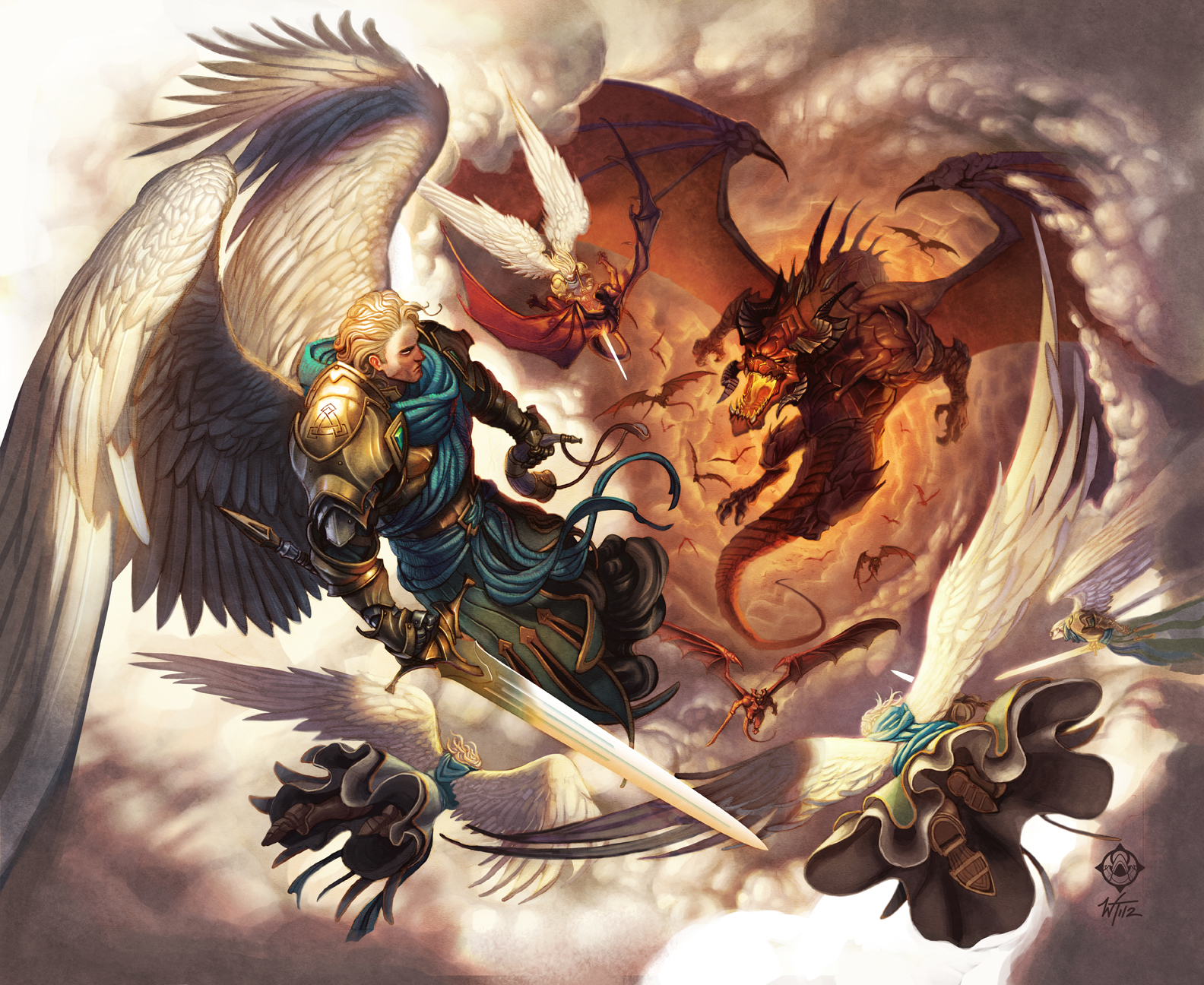 I don’t think I have ever been more satisfied with a research paper in my whole career of paper writing! Maybe its because I had it almost entirely done a full day before it was due or because my ideas had had plenty of conversation and percolation. I actually managed to get to the point where I was in control of the paper rather than the paper in control of me.
I don’t think I have ever been more satisfied with a research paper in my whole career of paper writing! Maybe its because I had it almost entirely done a full day before it was due or because my ideas had had plenty of conversation and percolation. I actually managed to get to the point where I was in control of the paper rather than the paper in control of me.The Milton controversy with Christianity and paganism was something we talked about from the beginning of the course. My blog posts pretty well document the progression of my idea itself (first here, then here and here). I initially thought I would focus on what kind of Christ Milton was depicting and why. But research, interviewing with Dr. Burton, and some of your suggestions led me more in the direction of why the use and then rejection of classical allusions and just letting the Christ and Christianity aspect work itself in.
The social proof aspect was what I think really made this project for me. Realizing that anyone could be a potential help, even if its just that I am able to reach a higher plane in talking with them made it exciting. I bounced ideas off of my husband, was super helpful in that regard. We so often assume people won’t be interested that we don’t say anything. (But really, we are writing the paper so that people will be interested, right? And if we hope to publish we need people to be interested.)
Another cool moment (that didn’t even hit me till right now) was actually in talking with my mother-in-law. In passing she asked what my paper was about, while I was working on it and I started to go through my thoughts. We had a nice little conversation about it, about Christ and classical learning, etc. What I had forgotten was that she was born and raised in the Catholic church before she became a member of the LDS faith and so had more of a background in to Milton’s world and what he was dealing with than I ever will. As it was, our brief talk helped me start to think more along the lines of what of Milton’s environment would have lead him to write what he did.
I started to get a little anxious-crazy when I realized I had a question and a good start on research but not really an answer. My vital claim was missing. Turning to the text in an in-depth effort to locate the bits and pieces I had been finding in my research cleared this up for me. The text sparked my question and after a look at what was going on, gaining an understanding of the pertinent background other than my own limited one, my answering could be found by returning to the text.
It’s like finding a lock and searching the whole house for the key. Once you’ve found a couple likely ones you can’t remember exactly what the lock looks like and so you have to take them all back to see which one fits.











